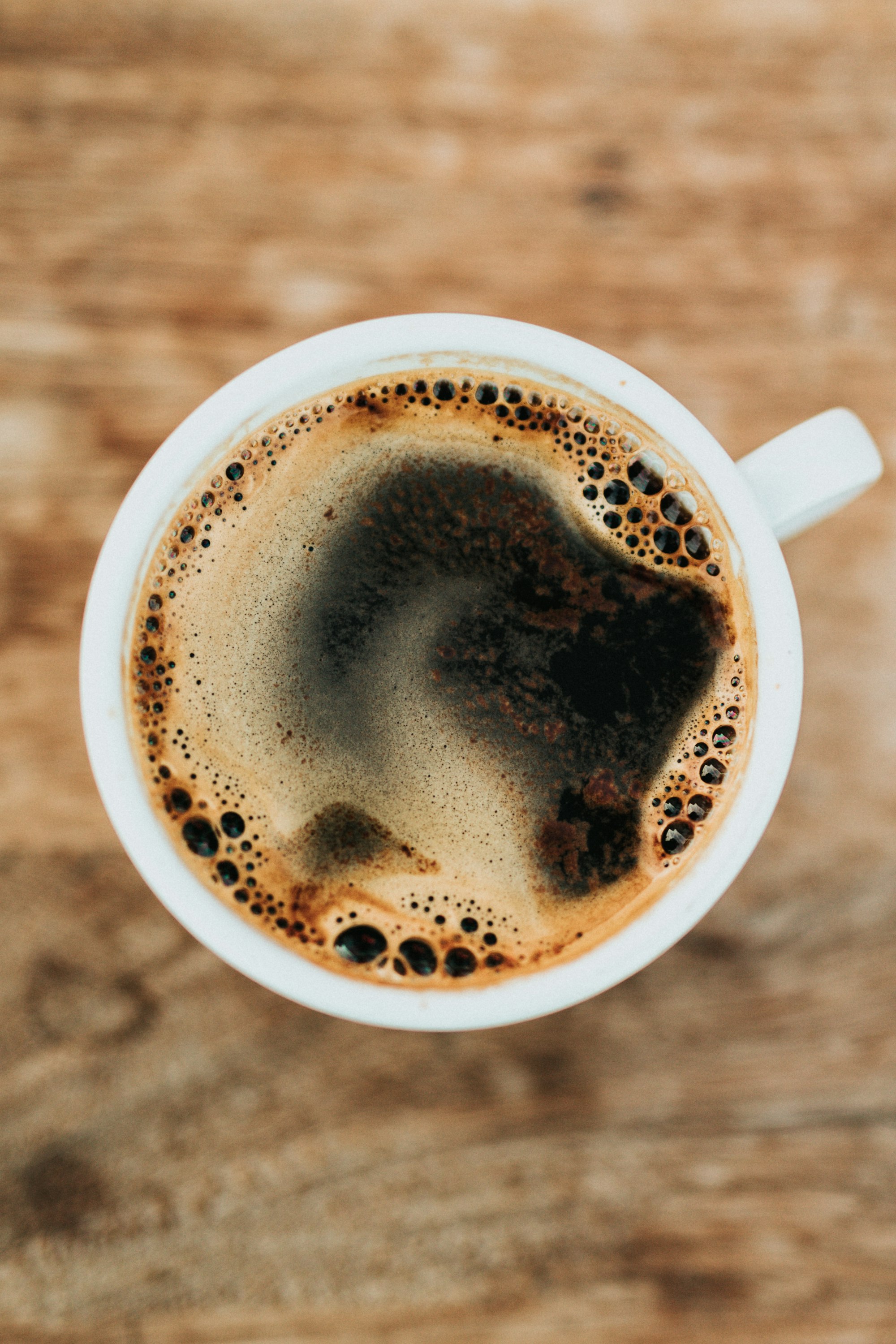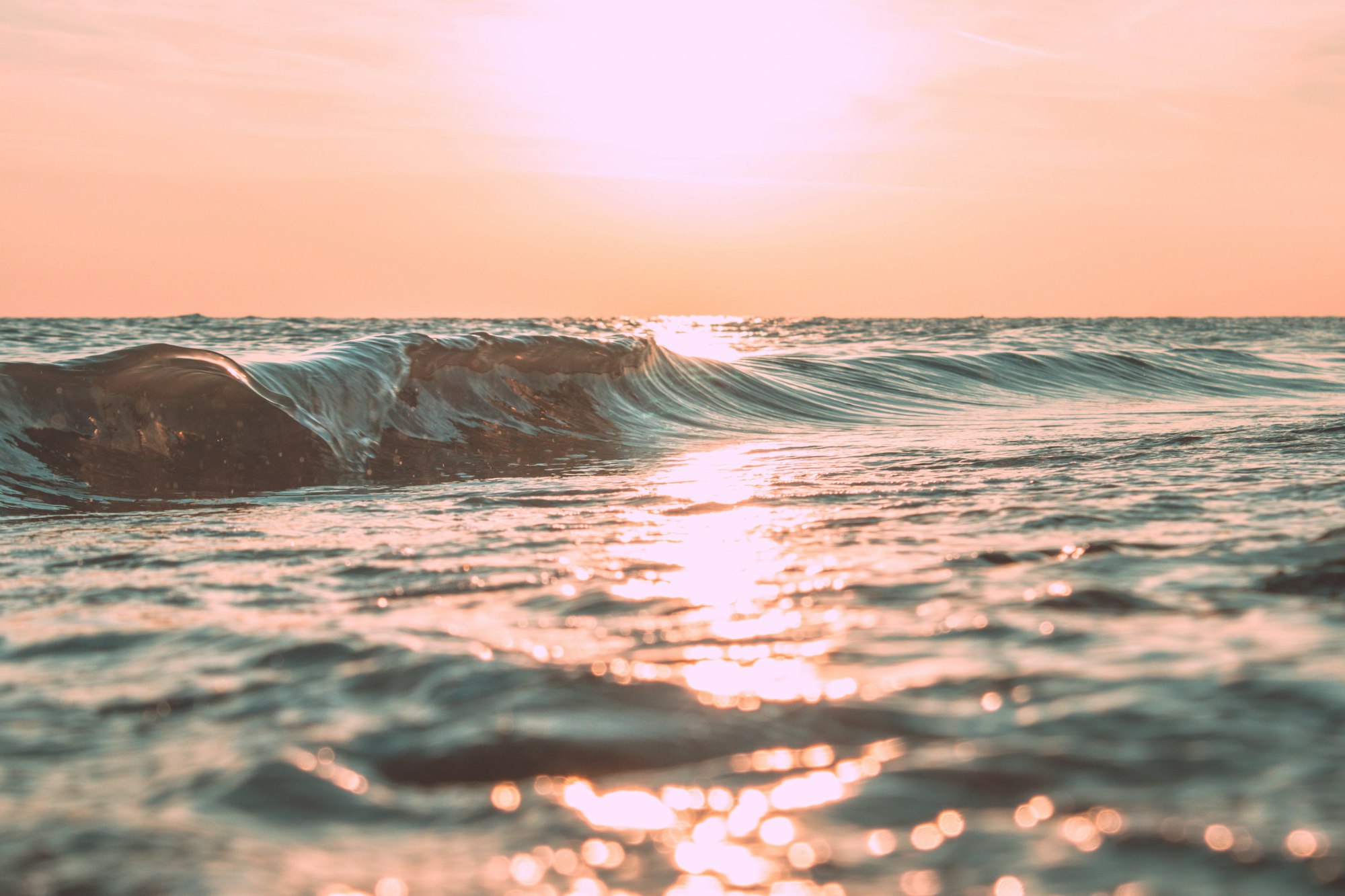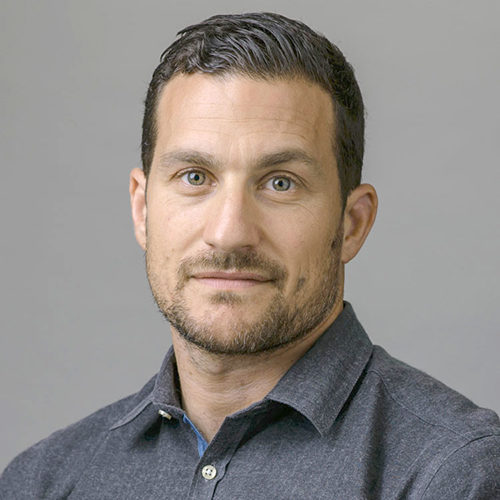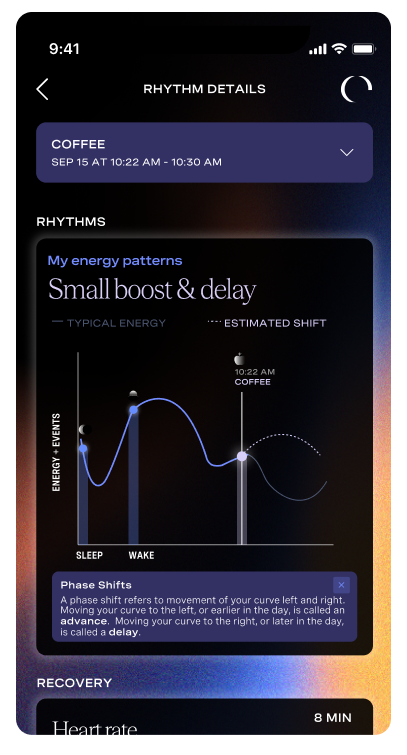Why the Best Time to Drink Coffee Is Not When You Wake Up
It may sound like impossible advice but there's science behind postponing that first cup of joe.

Many of us believe that life (or at least your day) begins with coffee. Whether hot or cold brewed, French-pressed or dripped, Americano or latte, we rely on our morning caffeine fix to wake up our body and sharpen our mind. In fact, some of us can’t complete a full sentence before that first cup.
But what if we told you that you’d probably get more bang for your buck from an energy perspective if you waited an hour or so to drink your coffee rather than the moment you opened your eyes?
Why? It’s all about stress hormones and biological rhythms.
Learn more about your circadian rhythms, and how to track them:

What do rhythms and hormones have to do with it?
Our circadian rhythm is our internal body clock that helps regulate our sleep wake cycle, including the morning release of cortisol and epinephrine, hormones that enhance alertness and focus. The release of cortisol is timed to our sleep wake cycle, with levels that peak around 45 minutes after we wake up, then drop rapidly for the next few hours and slowly decline throughout the rest of the day.
If you’re caffeinating while your cortisol levels are still elevated (i.e., when you first wake up) you’re introducing caffeine into your system when you could do without it, and it can disrupt your cortisol’s natural flow. But if you wait an hour or two for your coffee, the caffeine will kick in as your cortisol levels begin to decline, just when you could use it the most.
Another way to look at it is, if you drink coffee or tea or other caffeinated beverage during your peak cortisol production phase, the caffeine will be less effective. Plus, by doubling down on stimulants (cortisol and caffeine) you may build up a tolerance over time, which means more coffee to get the same pick-me-up.
Hormones continued
Andrew Huberman, neuroscientist and professor at Stanford University School of Medicine, takes it a step further, waiting 90 to 120 minutes (2 hours?!!) for his first cup of coffee, even though he’s “thinking about and fantasizing about and craving caffeine” the moment he wakes up.
“The reason I delay caffeine is that one of the factors that induces a sense of sleepiness is the build-up of adenosine in our system,” he said. "The buildup of adenosine accumulates the longer we’re awake, so early morning your adenosine levels are likely to be very low.
"However, caffeine is an adenosine blocker—actually a competitive antagonist, meaning it binds to the same receptors that adenosine does." That’s why you feel more alert after your cup of joe (and after your coffee nap), because the caffeine is essentially blocking the adenosine from adhering to its normal receptors. By delaying his caffeine 90 minutes to 2 hours after waking, Huberman wards off a late afternoon, or even early afternoon, crash after the caffeine wears off. And the delay allows for cortisol to follow its regular pattern.

“One of the best ways to ensure a caffeine crash is to drink a bunch of caffeine, block all those adenosine receptors, and then by early or late afternoon when that caffeine starts to wear off and get dislodged from the receptors, a lower level of adenosine is able to create a greater level of sleepiness. It took me years to figure this out!" Huberman said. “I let my cortisol naturally come up in the morning, I avoid drinking caffeine 90 minutes to 2 hours after waking, and when I do that I find that I don’t experience the afternoon crash.”

Daily behaviors affect your sleep at night
You may not be thinking about sleep first thing in the morning—or maybe you are if you're feeling fuzzy—but the reality is that many of our daily behaviors can help bolster or detract from a good night’s sleep. Ultimately, pushing back your first cup of coffee or “dose” of caffeine optimizes the relationship between cortisol, adenosine, wakefulness and sleepiness, and helps provide a nice, consistent arc of energy throughout the day.
Where to start?
If just the thought of delaying your morning caffeine buzz stresses you out, consider pushing your first cup back in 15-minute increments rather than trying to wait a full one to two hours. Plus, many people gulp down their coffee out of habit as part of a chaotic morning, and delaying your first cup might also be worth experimenting with until you have a few minutes to actually enjoy it.
Bottom line: The best time to drink coffee is likely mid-to-late morning, when your cortisol levels have dipped back down from their earlier peak. If you wake up at 8:00 a.m., for instance, you might want to try drinking your coffee between 10:00 a.m. and noon. If you’re willing to give it a try, delaying your morning brew for a few hours can give you longer-lasting energy.


